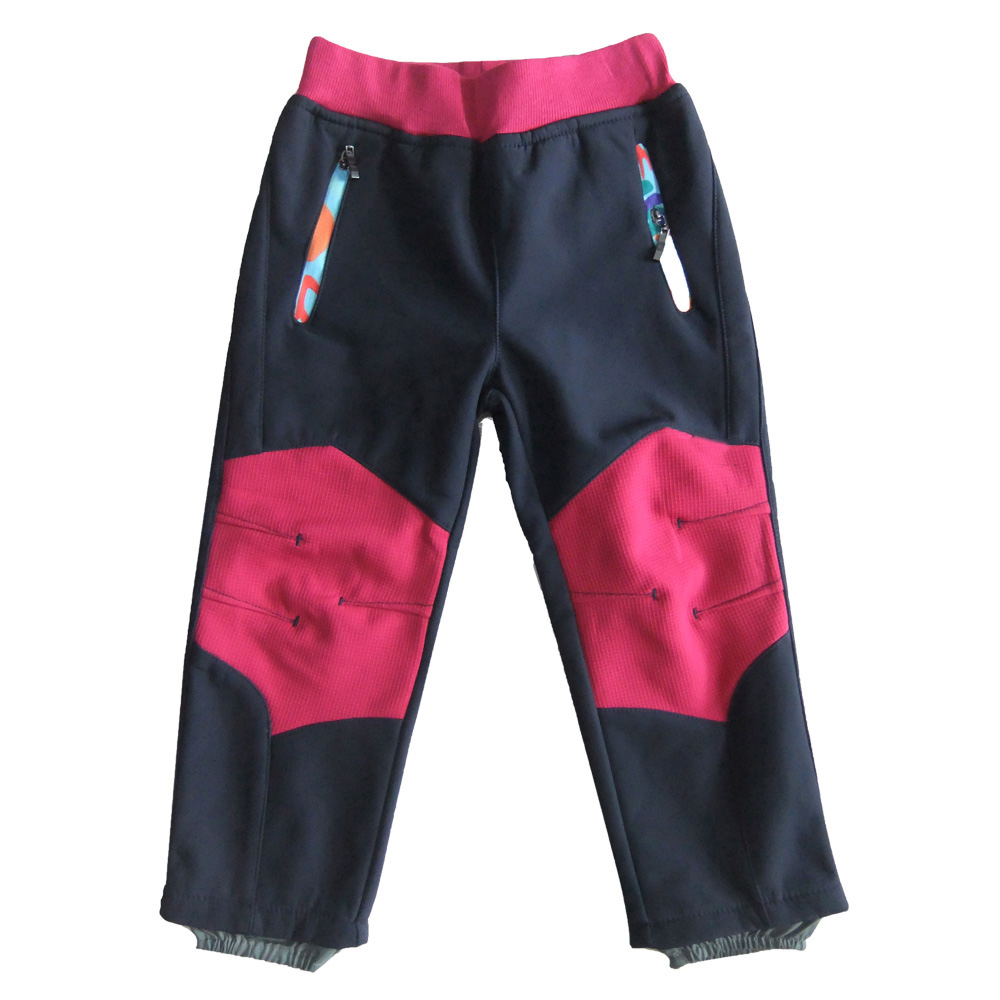The Disposable Culture A Reflection on Convenience and Consequences
In our contemporary society, the term “disposable” permeates every aspect of our lives. From plastic utensils to fashion trends, the convenience of disposable products has become an integral part of our daily routines. While these items offer immediate practicality, they also raise significant concerns about their long-term impact on the environment, economy, and our personal values.
Disposable products are designed for single-use and often thrown away after fulfilling their purpose. This phenomenon gained momentum in the 20th century with the rise of consumerism and industrialization. Manufacturers began producing items intended to be used briefly and discarded, tapping into a societal desire for convenience. Fast food packaging, plastic water bottles, and disposable diapers have become ubiquitous, catering to a lifestyle where time is often valued more than sustainability.
The convenience offered by disposable items is undeniable. In a fast-paced world, consumers are drawn to products that save time and effort. For example, disposable tableware is a common choice for parties and gatherings, alleviating the burden of washing dishes. Additionally, disposable personal care products, such as razors and wipes, simplify daily routines. However, this convenience comes at a cost. The environmental repercussions of our disposable culture are staggering.
disposable

Every year, millions of tons of plastic waste end up in landfills and oceans, with a significant portion originating from single-use items. Marine life suffers as animals ingest plastic debris or become entangled in waste, threatening biodiversity and ecosystem health. Moreover, the production and disposal of these items contribute to greenhouse gas emissions, exacerbating climate change. As these issues become increasingly apparent, awareness of the environmental consequences of disposables is growing.
Challenging the disposable culture requires a shift in mindset. Embracing a more sustainable lifestyle means seeking reusable alternatives to everyday products. Reusable bags, glass containers, and metal straws can significantly reduce waste. Moreover, the concept of “reduce, reuse, recycle” can become a guiding principle for consumers. Rather than opting for the instantaneous satisfaction of disposable products, individuals have the power to engage in mindful consumption, considering the lifecycle of the items they buy.
The economic implications of our disposable culture cannot be overlooked either. While cheap, single-use products may seem cost-effective in the short term, their long-term effects can strain local economies and global supply chains. The continuous demand for disposable items drives manufacturers to prioritize quantity over quality, resulting in products that are often poorly made and lack durability. By investing in higher-quality, reusable alternatives, consumers can stimulate sustainable practices and support businesses that prioritize environmental stewardship.
Ultimately, the disposable culture reflects a deeper societal issue our relationship with convenience and consumption. As we navigate a world increasingly characterized by instant gratification, it is crucial to reconsider our choices and their implications. By fostering a culture of sustainability, we can move toward a future that values longevity, responsibility, and the well-being of our planet. The transition away from disposables may be challenging, but it presents an opportunity for growth and change—one that benefits not just ourselves, but generations to come.















